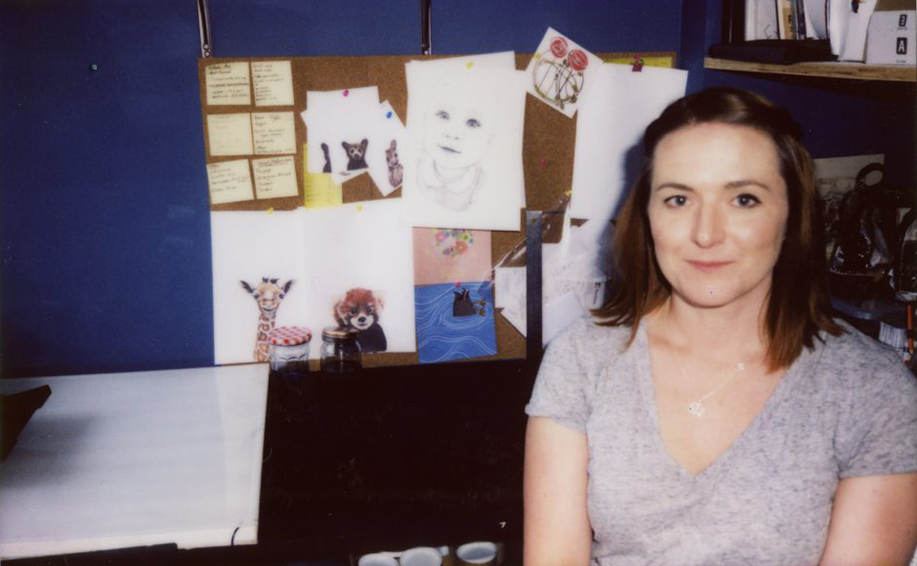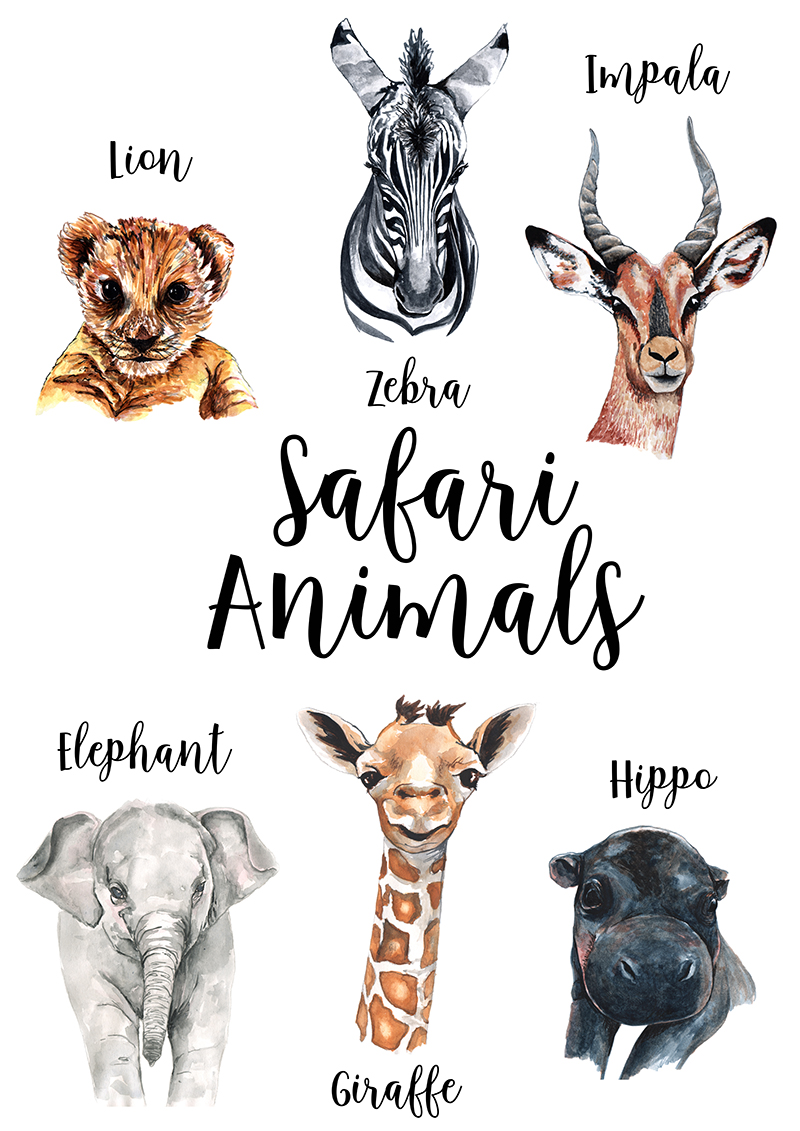We selected five such conversations—with illustrator Ella Paton, author and science communicator Kat Arney, filmmaker Rob Petit, historian (and consultant to the Netflix series The Crown) Robert Lacey, and toy designer Luc Hudson—to enlighten us as to what they do, why, and how they found their creative voice within the cultural crossroads that is London, England.

Image courtesy Lily Clayton Hansen.
Ella Paton is an illustrator and art school teacher based in London. A fine artist who works primarily in pencil and watercolor, she launched her first business, Viewfinder Studios, on Etsy this past year. Rather than focusing on the technical side of her craft, Paton loves to experiment and be playful throughout her process. In Paton’s eyes, everything is perception, which is why she injects positivity into her illustrations. Just as she is trying to teach her daughter Quinn, a life well-lived is about taking everything in.
Tell me about one of your first memories involving art.
When I was a kid my mom bought this massive box, which I believe belonged to a printmaker. She filled every drawer with feathers, pipe cleaners, and scraps of paper, which I used to make a horrific mess. I was always crafty. My dad, who is a fantastic drawer, began teaching me as a child and I never really stopped.
Were you formally educated in your craft?
Yes. When I was nine or ten, we did a lot of learning through art, which is unusual for the British education system. Oftentimes, teachers are hyper-focused on the core subjects like math and science to make sure they are nailed down. However, my teacher was a great artist and showed me at a young age how to respect materials by using them properly. As a child I used to copy Pre-Raphaelite paintings for fun, which is maybe kind of odd now that I think about it.
As a child I copied Pre-Raphaelite paintings for fun, which is kind of odd now that I think about it.
What about your upbringing made you feel confident about being creative?
Both of my parents have a great respect for art. Also my mom, a historian by trade, taught me to really see the world. The way that she explained architecture or the pages of a book always brought it to life.Through her and my dad I learned a strong visual understanding.
That quality is instrumental when it comes to tapping into your creativity.
Yes. As a child, I had an epic imagination and read voraciously. My parents actually had to confiscate my books at night because I loved getting caught up in the characters and their lives so much. I’m obsessed with the idea of a hidden world. That a bit beyond this human life, there is a fantasy realm.
Isn’t perception everything?
I think you can approach any situation with the attitude, how can I get through this in a way that suits me best?
While I am all about constructive criticism, it’s important to bring people back up.
Has art always been a therapeutic outlet for you?
Actually, art became quite stressful through my formal education. While I understood the formalities of fine art, I felt a bit lost as far as what I wanted to say. One year, I had a terrible conversation with a tutor. While I am all about constructive criticism, it’s important to bring people back up. She essentially said, “You don’t know what you’re doing; I don’t think you should be here.” The situation completely knocked me sideways and ramped up the pressure to do art right, which is a mentality that I disagree with.
Do you think having such high expectations is a British thing?
British people don’t like to look the fool, therefore we tend to under-appreciate the journey and overemphasize correctness. Oftentimes, we might not try new things because it’s frowned upon to look bad. I wish, especially in social media, that we showed our mistakes more often. There is such pressure today to be a success, which is kind of a shame. I still remember being told on my illustration degree: “Only two or three of you will ever make money at this profession,” which made you think why am I here then?!

Image courtesy Ella Paton.
While I have my own theories, why do you think those two or three rise to the top?
I think they make the decision that they are going to succeed and devote every second to making it happen. That is either a personality trait, blind self-confidence, or a product of your upbringing. You also have to be focused and not have your fingers in too many pies. If your portfolio is too varied then a client isn’t confidant that the final product will come out to match their vision.
My new philosophy is, Sod it. Just do it. And stop saying “sorry.”
How did you develop your current illustration business, Viewfinder Studios?
I did the original animal illustrations for my daughter Quinn’s nursery, after which everyone including my husband encouraged me to sell them. I spent the last four months of my maternity leave launching my business.
What’s been the biggest challenge as far as starting your own business?
Putting it out there. I’ve had to learn to not be embarrassed about self-promotion. My new philosophy is, Sod it. Just do it. And stop saying “sorry.”
This interview has been edited for length. Read even more from Lily Hansen in Word of Mouth: More Conversations.
